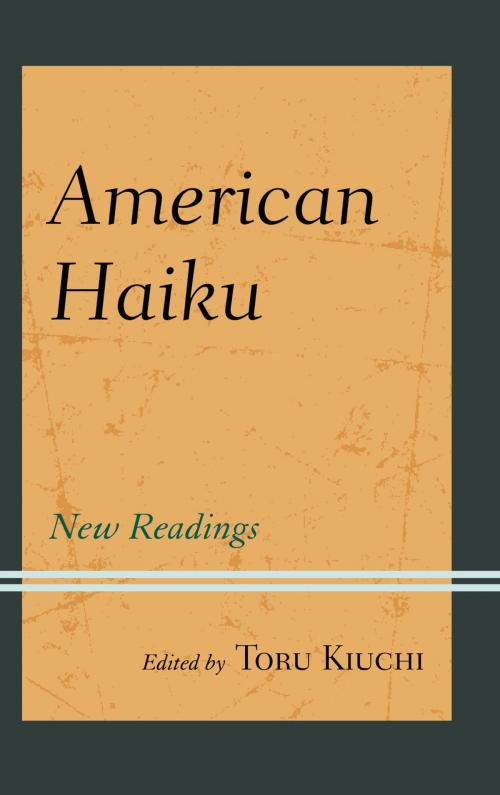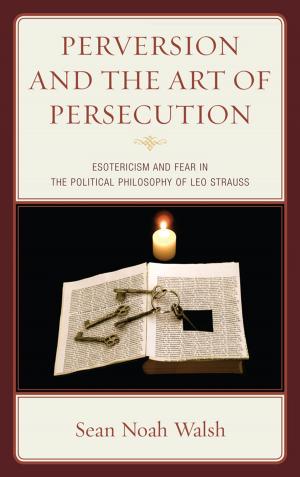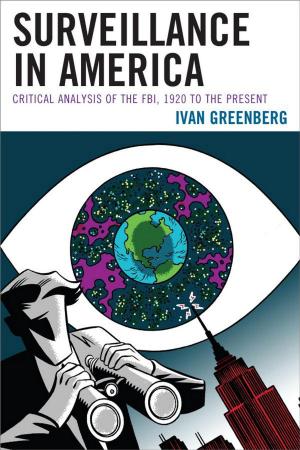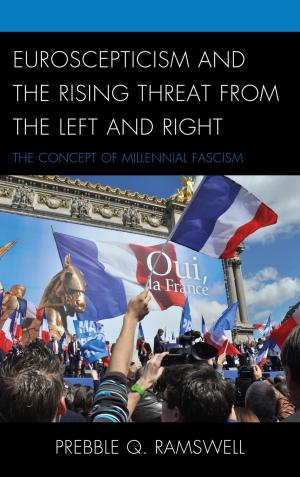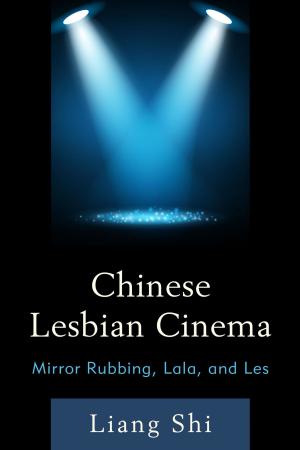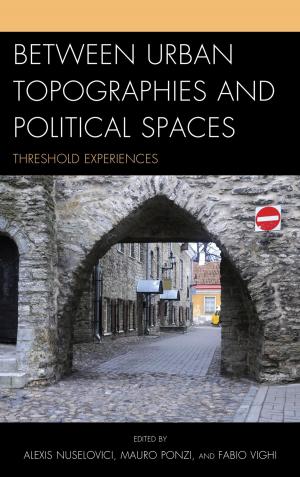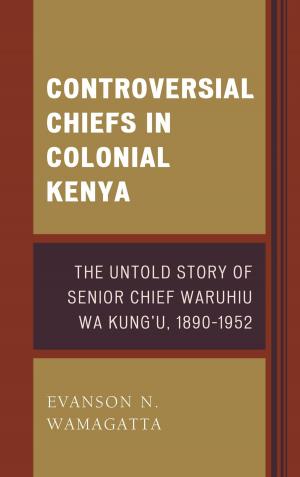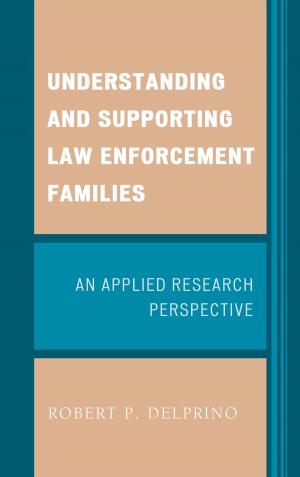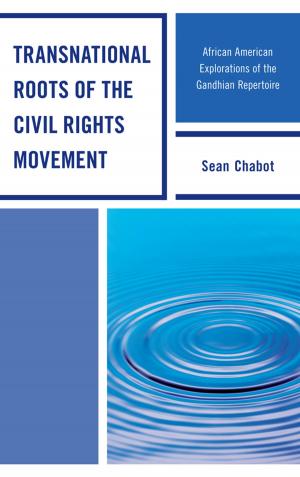American Haiku
New Readings
Fiction & Literature, Literary Theory & Criticism, Asian, Far Eastern, Poetry History & Criticism, American| Author: | Randy Brooks, Yoshinobu Hakutani, Jim Kacian, Heejung Kim, Toshio Kimura, Toru Kiuchi, Rosenow Ce, Bruce Ross, Virginia Whatley Smith, John Zheng | ISBN: | 9781498527187 |
| Publisher: | Lexington Books | Publication: | November 30, 2017 |
| Imprint: | Lexington Books | Language: | English |
| Author: | Randy Brooks, Yoshinobu Hakutani, Jim Kacian, Heejung Kim, Toshio Kimura, Toru Kiuchi, Rosenow Ce, Bruce Ross, Virginia Whatley Smith, John Zheng |
| ISBN: | 9781498527187 |
| Publisher: | Lexington Books |
| Publication: | November 30, 2017 |
| Imprint: | Lexington Books |
| Language: | English |
American Haiku: New Readings explores the history and development of haiku by American writers, examining individual writers. In the late nineteenth century, Japanese poetry influenced through translation the French Symbolist poets, from whom British and American Imagist poets, Amy Lowell, Ezra Pound, T. E. Hulme, and John Gould Fletcher, received stimulus. Since the first English-language hokku (haiku) written by Yone Noguchi in 1903, one of the Imagist poet Ezra Pound’s well-known haiku-like poem, “In A Station of the Metro,” published in 1913, is most influential on other Imagist and later American haiku poets. Since the end of World War II many Americans and Canadians tried their hands at writing haiku. Among them, Richard Wright wrote over four thousand haiku in the final eighteen months of his life in exile in France. His Haiku: This Other World, ed. Yoshinobu Hakutani and Robert L. Tener (1998), is a posthumous collection of 817 haiku Wright himself had selected. Jack Kerouac, a well-known American novelist like Richard Wright, also wrote numerous haiku. Kerouac’s Book of Haikus, ed. Regina Weinreich (Penguin, 2003), collects 667 haiku. In recent decades, many other American writers have written haiku: Lenard Moore, Sonia Sanchez, James A. Emanuel, Burnell Lippy, and Cid Corman. Sonia Sanchez has two collections of haiku: Like the Singing Coming off the Drums (Boston: Beacon Press, 1998) and Morning Haiku (Boston: Beacon Press, 2010). James A. Emanuel’s Jazz from the Haiku King (Broadside Press, 1999) is also a unique collection of haiku. Lenard Moore, author of his haiku collections The Open Eye (1985), has been writing and publishing haiku for over 20 years and became the first African American to be elected as President of the Haiku Society of America. Burnell Lippy’s haiku appears in the major American haiku journals, Where the River Goes: The Nature Tradition in English-Language Haiku (2013).Cid Corman is well-known not only as a haiku poet but a translator of Japanese ancient and modern haiku poets: Santoka, Walking into the Wind (Cadmus Editions, 1994).
American Haiku: New Readings explores the history and development of haiku by American writers, examining individual writers. In the late nineteenth century, Japanese poetry influenced through translation the French Symbolist poets, from whom British and American Imagist poets, Amy Lowell, Ezra Pound, T. E. Hulme, and John Gould Fletcher, received stimulus. Since the first English-language hokku (haiku) written by Yone Noguchi in 1903, one of the Imagist poet Ezra Pound’s well-known haiku-like poem, “In A Station of the Metro,” published in 1913, is most influential on other Imagist and later American haiku poets. Since the end of World War II many Americans and Canadians tried their hands at writing haiku. Among them, Richard Wright wrote over four thousand haiku in the final eighteen months of his life in exile in France. His Haiku: This Other World, ed. Yoshinobu Hakutani and Robert L. Tener (1998), is a posthumous collection of 817 haiku Wright himself had selected. Jack Kerouac, a well-known American novelist like Richard Wright, also wrote numerous haiku. Kerouac’s Book of Haikus, ed. Regina Weinreich (Penguin, 2003), collects 667 haiku. In recent decades, many other American writers have written haiku: Lenard Moore, Sonia Sanchez, James A. Emanuel, Burnell Lippy, and Cid Corman. Sonia Sanchez has two collections of haiku: Like the Singing Coming off the Drums (Boston: Beacon Press, 1998) and Morning Haiku (Boston: Beacon Press, 2010). James A. Emanuel’s Jazz from the Haiku King (Broadside Press, 1999) is also a unique collection of haiku. Lenard Moore, author of his haiku collections The Open Eye (1985), has been writing and publishing haiku for over 20 years and became the first African American to be elected as President of the Haiku Society of America. Burnell Lippy’s haiku appears in the major American haiku journals, Where the River Goes: The Nature Tradition in English-Language Haiku (2013).Cid Corman is well-known not only as a haiku poet but a translator of Japanese ancient and modern haiku poets: Santoka, Walking into the Wind (Cadmus Editions, 1994).
